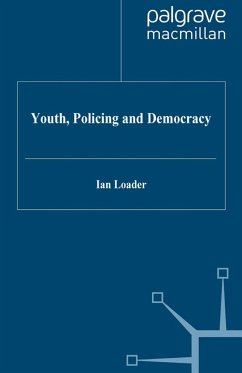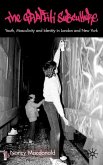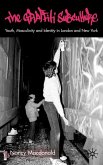This book is concerned with the place of communication in the troubled relations between the police and young people. Ian Loader presents a forceful critique of managerialism and, from the perspective of critical theory, outlines an alternative way of thinking about policing. This is then employed to make sense of recent research with young people and police officers. Loader concludes by suggesting how a principle of 'discursive policing' can improve police-youth relations and make the police more democratically accountable.
'In engaging both with young people's experiences of policing, and with the practical issues of how to make their voices heard and of influence, Loader provides a provocative prescription for future arrangements for police governance. This is a valuable book which ought to lead to much more work in this area. Through its example it ought to prompt criminologists working in this field to endeavour to think both theoretically and pragmatically about democratic control of policing.' - Tim Newburn, British Journal of Criminology








